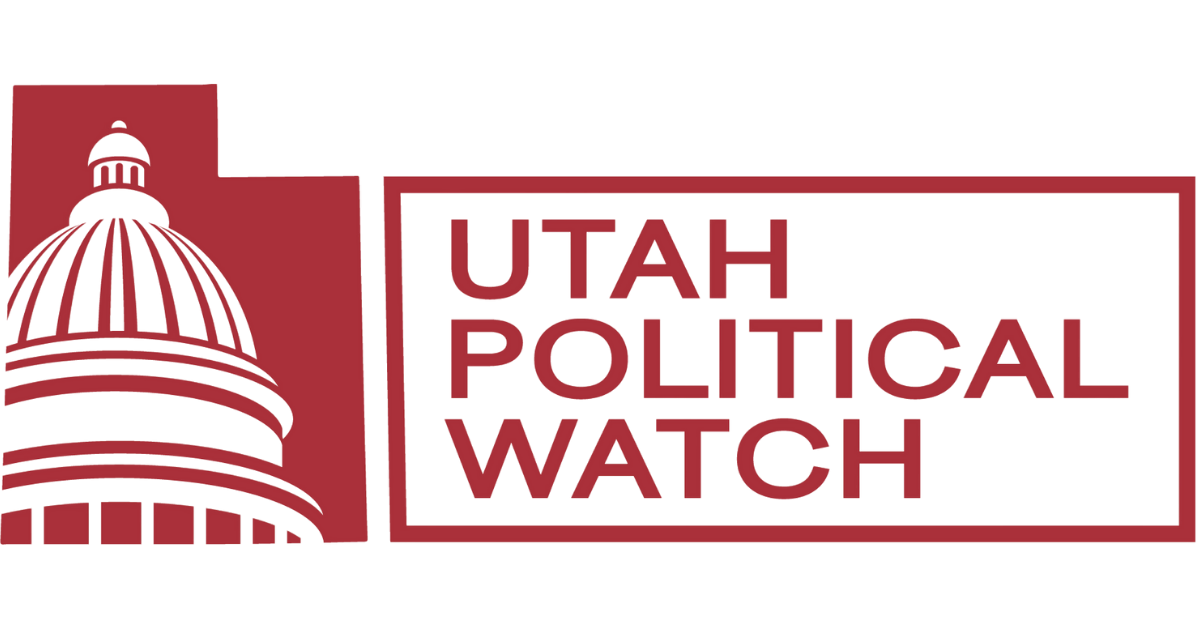Utah Political Watch is an independent, reader-supported publication.
To support this work, consider becoming a free or paid subscriber.
Taking a cue from the legal fight over Amendment D, the Utah Education Association is asking a judge to void Amendment A, which alters how public schools are funded in Utah.
The suit uses the same arguments that convinced a judge to void Amendment D earlier this month—that it is misleading and that lawmakers did not meet the constitutional requirement to publish the language in a newspaper two months before the election. It also claims the proposed amendment does not prioritize funding as promised.
Tensions between the Republican-controlled Legislature and Utah's largest teachers union have increased in recent years. Lawmakers have diverted hundreds of millions of dollars that could go to public schools to pay for income tax cuts that primarily benefit wealthier Utahns. In 2023, lawmakers approved a voucher program allowing public education funding to pay for private schools. A year later, lawmakers increased funding for private school vouchers by 55% before the program had even been implemented.
Thursday's lawsuit will likely do very little to turn down the temperature.
Utah's constitution currently requires that income tax revenues be used only to fund public and higher education and some social services. Sales taxes, fees, and other revenue sources pay for everything else in the budget.
If voters approve Amendment A, lawmakers could tap income tax revenue to pay for other things in the budget. The Legislature must "maintain a statutory public education funding framework" to pay for inflationary increases and student enrollment growth.
To make voting for Amendment A more appealing, lawmakers passed legislation removing the state portion of the sales tax on food, but only if Amendment A passes. There's also an increase in the Weighted Pupil Unit (WPU), the amount the state spends per student, tied to Amendment A's approval.
In Thursday's filing, the UEA claims that the proposed ballot language misleads voters because it does not "prioritize public education funding." Instead, they say it does the opposite.
"The proposed Amendment does not in fact give priority to public education funding, but rather only to a vague and unspecified 'statutory public education funding framework' that does not in fact guarantee any particular funding to public education," the lawsuit reads.
In 2023, lawmakers voted to put Amendment A on the ballot after the UEA agreed not to oppose the measure so that the two sides could continue negotiations. The union also remained quiet on the issue during the 2024 session.
The amended lawsuit claims that if Amendment A passes, the previously existing challenge to the voucher program will be moot.
Shortly after lawmakers adjourned in March, the UEA's board voted to oppose the constitutional amendment because it "goes against our values and challenges what we stand for."
In May, the UEA filed a lawsuit challenging the private school voucher program, known as the Utah Fits All Scholarship, that lawmakers approved in 2023. Thursday's legal filing is an addition to that lawsuit.
⭐️ Like this newsletter? Forward it to a friend!
Questions? Comments? Suggestions? Complaints? Email me anytime: news@utahpoliticalwatch.news







